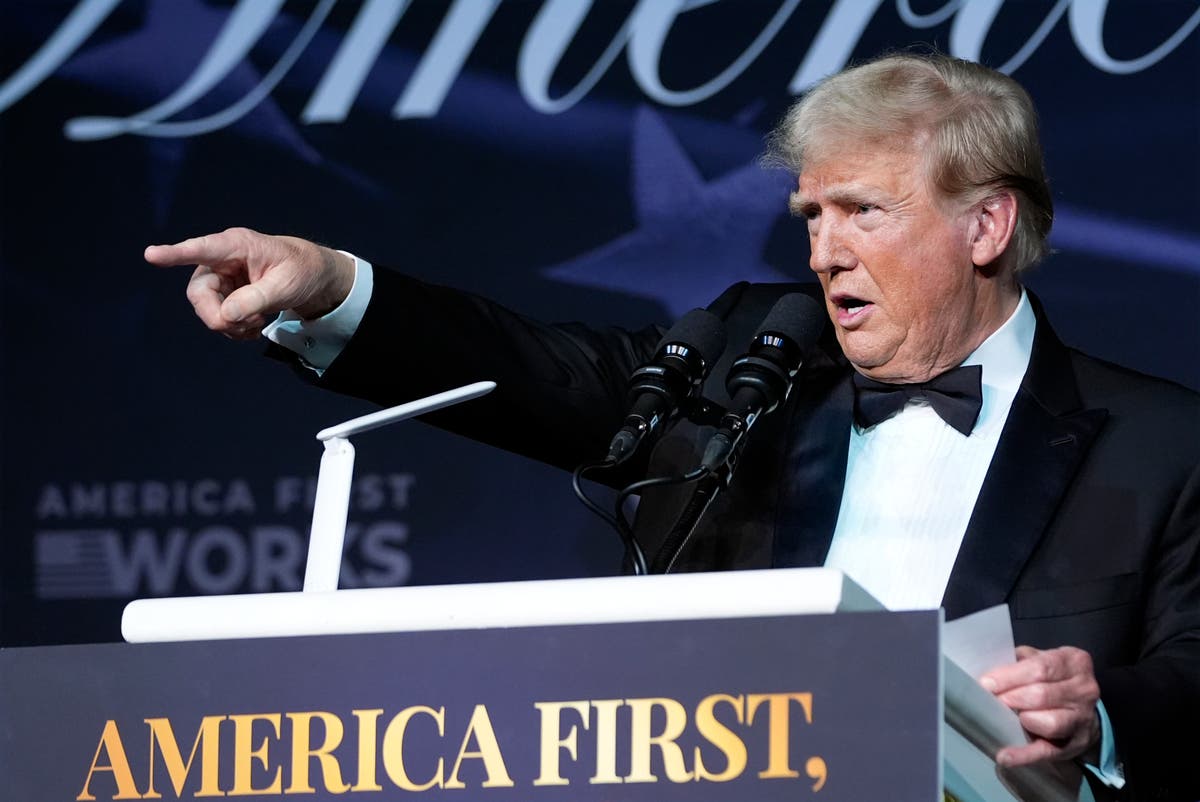Tech
Breaking up with Google: Why the EU should back the US

As Dina Srinivasan wrote in a 2020 study, Google dominates the online advertising market by controlling how businesses buy ads to reach customers, dictating how publishers sell them and then running the “exchange,” or auction, where the two sides meet. A Google executive described this setup as being like “if Goldman or Citibank owned the [New York Stock Exchange].” But while such conflicts are prohibited in financial markets, in the market that underwrites the free web, Google has been left to run riot for years.
One of the most concerning casualties of this adtech dominance is the free press. While publishers see their share of ad revenues shrinking, Google’s profits are soaring. And as newsrooms downsize and outlets close, we’re edging toward a dangerous two-tiered information ecosystem, where the wealthy can afford to pay for trustworthy journalism and those who depend on the free internet get the leftovers, where misinformation floats to the top of engagement-fueling algorithms. News for the rich and lies for the rest is no way to run a public square.
But Europe’s adtech case has the potential to change all of that. And along these lines, last year, the Commission suggested the solution to Google’s “inherent conflicts of interest” was “a mandatory divestment” — in short, to break Google up. The question now is whether they’ll hold the line. While the EU’s top antitrust enforcer Margrethe Vestager has said she still believes only a break-up would fit the bill, she also added that her team “have an obligation to listen” to Google’s pitch for less, and the end of her mandate is fast approaching.
The Commission has three broad options: fine Google, order it to change its behavior or stick to its guns and break up its adtech businesses. Only the third option would truly address the problem. Google has the capacity to shrug off even multi-billion-euro fines. Orders to change behavior haven’t worked — the company has repeatedly flouted court orders and destroyed evidence. The only way to resolve the conflict of interest is to eliminate it.
This will be no mean feat — Google will furiously push back. And while the news from our U.S. counterparts sets a strong tone against Big Tech monopolies, it would be foolhardy to assume the battle is already won. Google will appeal any losses in the U.S. and a Republican administration could well change tack. Meanwhile, Democratic presidential candidate Kamala Harris is coming under pressure from Silicon Valley donors to back off on Big Tech. Europe has to act decisively — both to stand with the U.S. and for its own sake.
For the first time in two decades, the EU has the chance to break free of its Big Tech dependency and secure the future of its businesses, media and democracy. If the Commission stands firm and forces the break-up of Google’s adtech operations, Europeans could enjoy a freer, fairer internet. Hesitation will doom us to another 20 years of Google’s domination.
There may never be a better opportunity.









